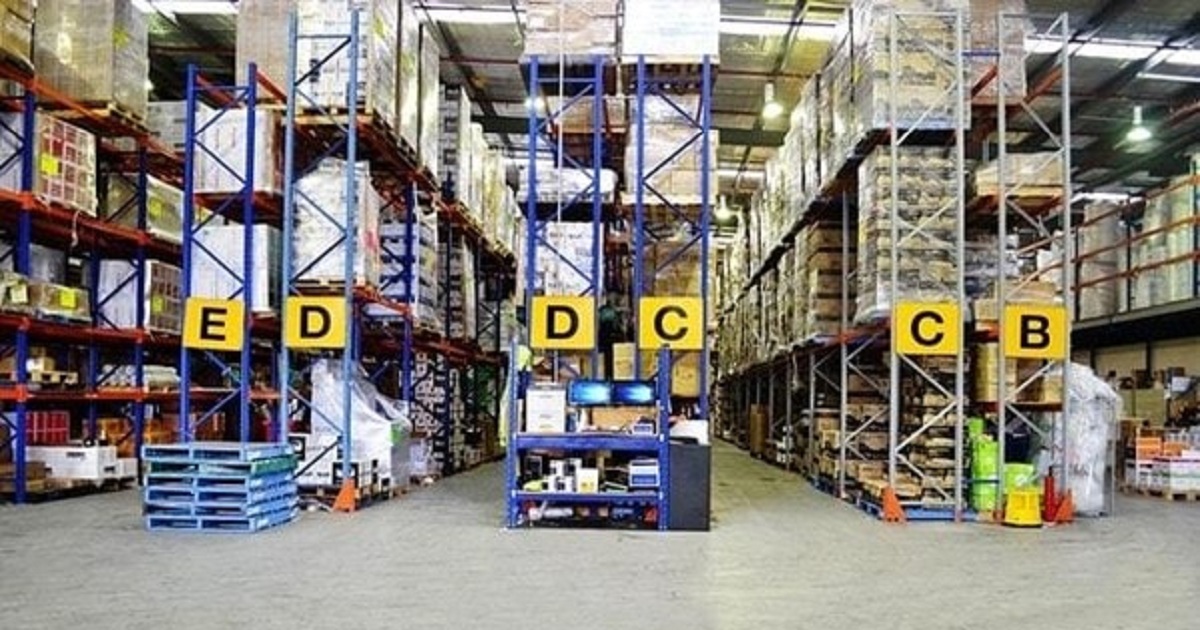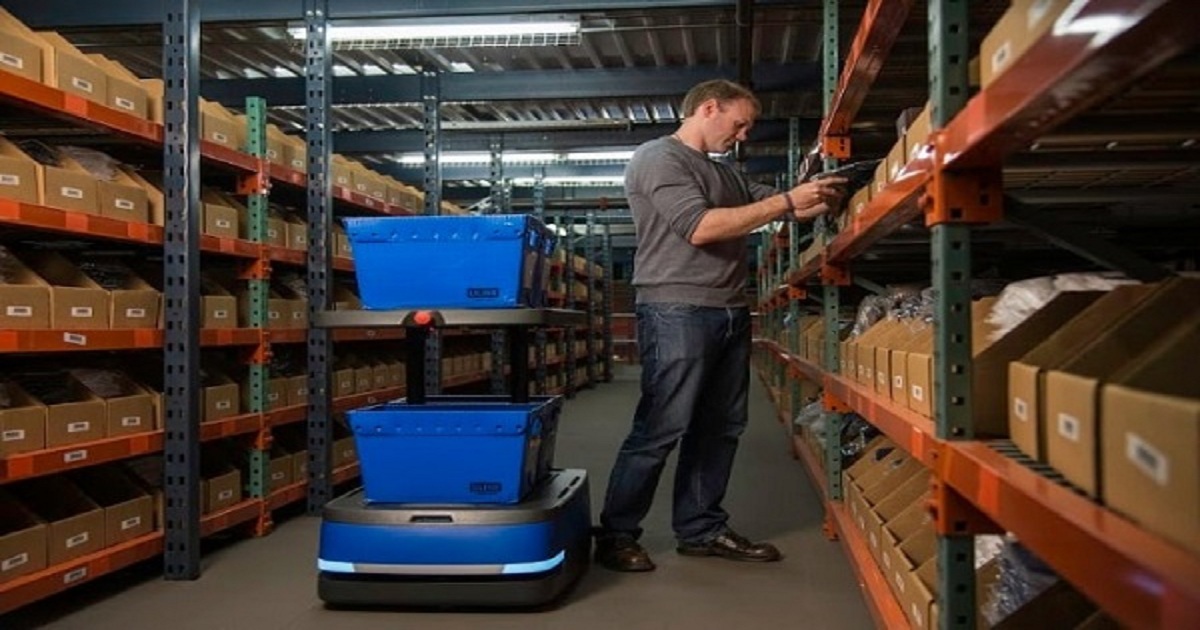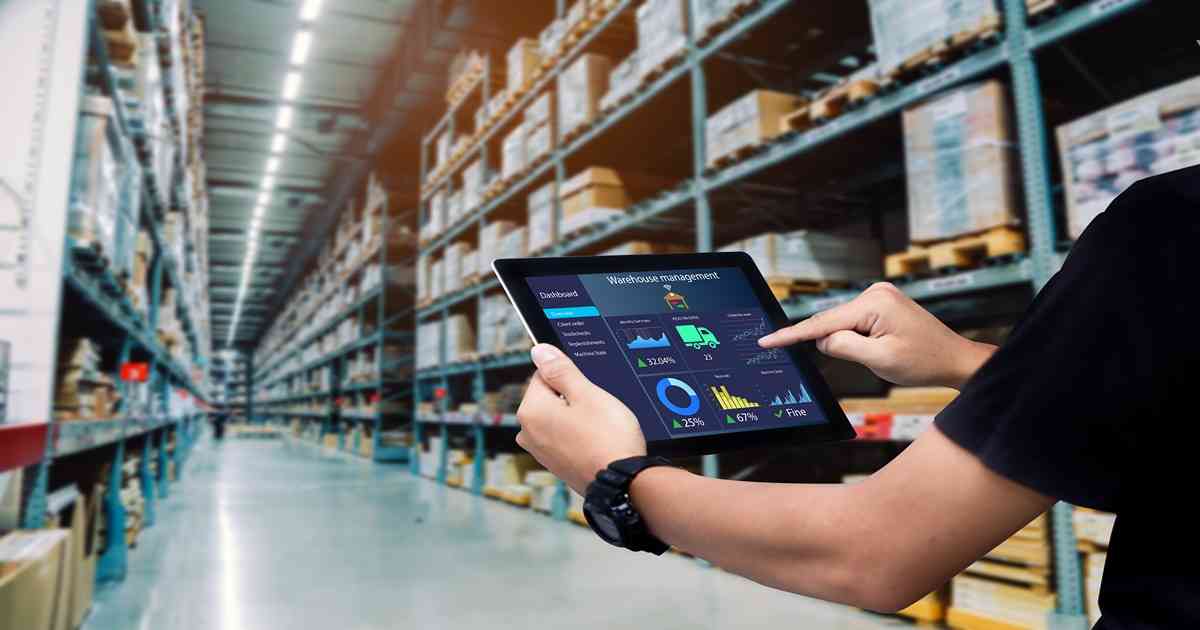
Warehousing and Distribution
Article | July 17, 2023
Carrier management systems have undergone much evolution thanks to the exponential development in shipping and logistics technology. Although its primary mission was to assign, control, and track shippers and carriers, the industry's post-pandemic trends have reflected a variety of new best practices.
Traditionally, many carrier management systems were manually operated and made extensive use of paper processes that didn’t provide perks like real-time data, reporting functionalities, or the visibility to make informed decisions. Today’s carrier management systems comprise these features and go even further. They offer tangible improvements and advantages that impact the bottom line. Here are three things you should look for in a carrier management solution to make sure your digital transformation goes as well as possible.
Support for a Diverse Range of Carriers
To effectively manage your carriers, it’s essential to be able to keep up with technologies used by everything from small to large carriers. The ability to support modern technologies and EDI that are routinely used by larger carriers while also offering online portals and mobile-readiness is integral. A platform that supports a diverse range of carrier sizes helps streamline processes and eliminate friction between operational groups. It also offers all carriers on the system the ability to stay in the loop and access the same data for load and freight boards to keep the freight moving.
Performance Mapping Capabilities
The ability to track performance and keep an eye on crucial metrics is an important consideration for a carrier management system. Real-time data bolsters carrier relationships and equips you with the ability to control and manage factors like load capacity, location of your fuel and fleet, and intimate teams on issues like inventory, sourcing, forecasting, and dispatching in real-time. Not only does this positively impact shippers, but carriers as well. With an overview into their own performance, carriers are empowered to course-correct and respond to sudden hurdles in time. Shippers must be able to get access to the following metrics in order to have the upper hand in rate negotiations with carriers:
On-time performance
Data accuracy
Compliance
Status update timelines
Collaboration-Friendly Platforms
A flexible solution that allows shippers to work collaboratively ensures strategic flexibility. Monitoring the performance across different modes including truckload, intermodal, and LTL as well as parcel consolidators and shippers. Today, carrier management systems and other digital solutions are able to integrate these modes and offer superior capabilities when it comes to receiving updates from all modes in real-time. When combined with cloud-based solutions, carrier management can take efficiency to a whole new level.
To Conclude
The success of your supply chain and company depends on your partnerships with your carriers, which can also have a significant impact on your ROI, particularly as the market continues to transform further towards third party partnerships. In order to foster carrier performance, carrier management should be a significant part of your strategy.
Read More

Warehousing and Distribution
Article | June 27, 2023
Labor costs, on an average, constitute more than 65% of the expenses for a warehouse. It is a best practice to review the operation of your warehouse before implementing automation, but it also has a significant impact on production and operational efficiency. The processes in a disarrayed warehouse cannot easily be automated as automation heavily relies on warehouse layout optimization, as well as standardized processes and procedures.
Read More

Supply Chain
Article | May 22, 2023
Order picking is the most resource-intensive operation of a warehouse or fulfillment center. More than 55% of the operating cost for a warehouse is related to order picking, and fulfillment centers, the number stands at 50%. It is the process that can bring in the most cost savings with an effective, streamlined and efficient order picking system. One of the most important components of your order picking system is the warehouse order picking cart. Order picking carts are used to move inventory from the warehouse shelves to sorting or packing stations. They make it easier for warehouse associates to carry multiple items at a time or to carry large, unwieldy items. When it is possible to carry multiple items on a trip, it drastically reduces the distance traveled by associates on foot. It also helps to reduce physical fatigue and improves efficiency dramatically.
Read More

Supply Chain
Article | May 22, 2023
Data volume in supply chains is usually enormous. Analytics applied to the supply chain help make sense of the pile of information by identifying patterns and drawing conclusions.
Contents
1 Importance of B2B Supply Chain Analytics
2 Obstacles in Supply Chain Analytics Integration
2.1 Barriers in Collecting and Processing Data
2.2 Insufficient Technical Skills
2.3 Issues in Managing and Integrating Data
2.4 Inadequate Analytics and Insights Generation
3 Addressing Supply Chain Analytics Complexities for Better Decision-Making
3.1 Leveraging External Expertise
3.2 Enhancing Collaboration and Communication
3.3 Improving Data Quality and Governance
3.4 Developing Analytics Capabilities
4 Power of Successful Supply Chain Analytics Integration in Transforming Businesses
5 Conclusion
1 Importance of B2B Supply Chain Analytics
Supply chain analytics has become a pillar of contemporary business strategy, enabling organizations to leverage data insights and enhance vital supply chain processes. By utilizing real-time data analytics, businesses can streamline their supply chain operations, boost productivity, and increase customer satisfaction. With unparalleled visibility into key performance indicators, B2B supply chain analytics provide the opportunity to identify inefficiencies, reduce costs, and react swiftly to ever-changing market dynamics, streamlining the process for supply chain business analysts who manage supply data.
Leveraging the power of supply chain analytics tools is important for the success of modern businesses in the age of data-driven decision making. With the ability to optimize inventory levels, manage lead times, and reduce transportation costs, supply chain data analytics provides a competitive advantage that can increase the efficiency, productivity, and profitability of businesses of all sizes and in all industries.
2 Obstacles in Supply Chain Analytics Integration
Supply chain analytics integration has become increasingly critical for companies seeking to optimize their supply chain operations. However, several obstacles hindering successful implementation often complicate the integration process; hence, understanding and knowing them in advance is vital for smooth operations.
2.1 Barriers in Collecting and Processing Data
Effective data collection and processing are critical in generating accurate insights to drive supply chain analytics decision-making. However, it comes with challenges; the most critical obstacle is data silos, where data is stored in isolated systems or departments, leading to difficulties in accessing and integrating it. It gets more complex when different departments or partners use varied data formats or standards. Additionally, cleaning and processing data is also challenging, as it involves identifying and eliminating duplicates, inconsistencies, and errors that can negatively impact analytics accuracy.
2.2 Insufficient Technical Skills
Successful supply chain analytics integration depends heavily on technical skills and knowledge. Insufficient technical talent and expertise are significant barriers to successful integration. The integration process requires specialized technical expertise and the supply of skilled professionals with expertise in ETL, statistical analysis, knowledge of ML, IoT, SQL, and more in managing supply chain analytics Talent lacking technical skills cannot accurately interpret data, leading to ineffective
decision-making. Preliminary data analysis, processing, and visualization due to a lack of technical expertise results in suboptimal decision-making, which can be costly for businesses.
2.3 Issues in Managing and Integrating Data
Data integration combines data from various sources and formats to create a unified view. However, businesses face data governance, quality, and standardization issues, resulting in incomplete or inconsistent data. Lack of accurate information reduces the efficiency of supply chain analytics and impacts decision-making. Additionally, data management is complex, and business face difficulties creating effective data management processes, resulting in problems related to storing, retrieving, and updating data.
2.4 Inadequate Analytics and Insights Generation
Obtaining valuable insights from enormous data collected during the supply chain process requires advanced analytics tools and technologies. Many businesses, however, continue to rely on traditional reporting methods, which limit the range and complexity of insights generated. The lack of expertise in data analysis and visualization can lead to poor interpretation and use of data, resulting in suboptimal decision-making. In addition, businesses experience difficulty identifying relevant data sources or may struggle to establish the necessary data governance frameworks to ensure data quality and accuracy.
3 Addressing Supply Chain Analytics Complexities for Better Decision-Making
Supply chain analytics can provide valuable insights, but the complexities involved in analyzing and interpreting data can be a significant hurdle. Learning the strategies for addressing these complexities to improve decision-making in supply chain management has become essential.
3.1 Leveraging External Expertise
Leveraging external expertise can be a powerful strategy for addressing supply chain analytics complexities related to collecting and processing supply chain data during integration. External experts bring specialized skills, experience, and knowledge that may not be available in-house, enabling organizations to overcome talent shortages and expand their capabilities. Furthermore, consultants, data scientists, or technology providers provide an objective viewpoint on the organization's data and processes, identifying areas for improvement and optimizing performance. By collaborating with external experts, organizations can access the latest tools, technologies, and best practices, ensuring that their supply chain analytics are up-to-date and relevant.
3.2 Enhancing Collaboration and Communication
Enhancing collaboration and communication can effectively address the challenge of insufficient technical skills in thriving supply chain analytics integration. By promoting cooperation and cross-functional communication, organizations can leverage the skills and expertise of team members from various departments to fill gaps in technical knowledge. This approach can also help to break down data silos and improve data sharing and integration. In addition, collaboration and communication can facilitate knowledge transfer, enabling team members to learn from one another and develop a more comprehensive understanding of the supply chain analytics process. Ultimately, this can lead to improved decision-making, as a more skilled and knowledgeable team can generate more accurate and insightful analytics.
3.3 Improving Data Quality and Governance
Businesses ensure accuracy, completion, and up-to-date data by establishing standardized processes and protocols for collecting, storing, and analyzing data. Data quality checks, including data cleansing and normalization, can help eliminate errors, redundancies, and inconsistencies that can negatively impact the accuracy and usefulness of analytics. In addition, effective data governance, including establishing data ownership, security, and privacy policies, helps ensure that data is managed and shared appropriately across the organization. As a result, it reduces the risk of data breaches, compliance violations, and other data-related issues, ensuring that organizations have access to reliable data for better decision-making.
3.4 Developing Analytics Capabilities
Developing capabilities significantly help organizations overcome inadequate analytics and insights generation challenges in analytics integration. Investing in advanced analytics tools and platforms like technical skills, data infrastructure, and advanced supply chain analytics techniques help businesses generate real-time, accurate, and actionable insights from collected data. Developing analytics capabilities requires creating a culture that values data and analytics, establishing robust data governance frameworks, upskilling the workforce and creating cross-functional teams collaborating on data-related projects. In addition, it helps businesses gain a competitive advantage.
4 Power of Successful Supply Chain Analytics Integration in Transforming Businesses
Effective supply chain analytics integration is revolutionizing business operations. Real-time and supply chain predictive analytics have helped businesses gain unmatched transparency in their supply chains, enhance critical processes, improve operational efficiency and customer satisfaction, and experience revenue growth and profitability. The ability to identify inefficiencies and supply chain optimization opportunities enables businesses to effectively allocate resources and reduce expenses. In addition, successful supply chain analytics integration enables businesses to respond quickly to changing market dynamics, optimize inventory management, and strengthen the resilience of their supply chains.
Businesses are leveraging the power of big data analytics to disrupt and transform supply chain at all levels. The concept of data, which was once a fundamental component of digital supply chain transformation, is now revolutionary. Therefore, it is essential to achieve advancements in supply chain analytics integration and management.
5 Conclusion
With technological and data analytics advancements, businesses can utilize real-time data insights to make data-driven decisions, optimize supply chain processes, and improve customer experiences. Integration of supply chain analytics is crucial for supply chain businesses of all sizes. Utilizing supply chain analytics software can further streamline integration as well as enhance data analytics and supply chain management.
Read More